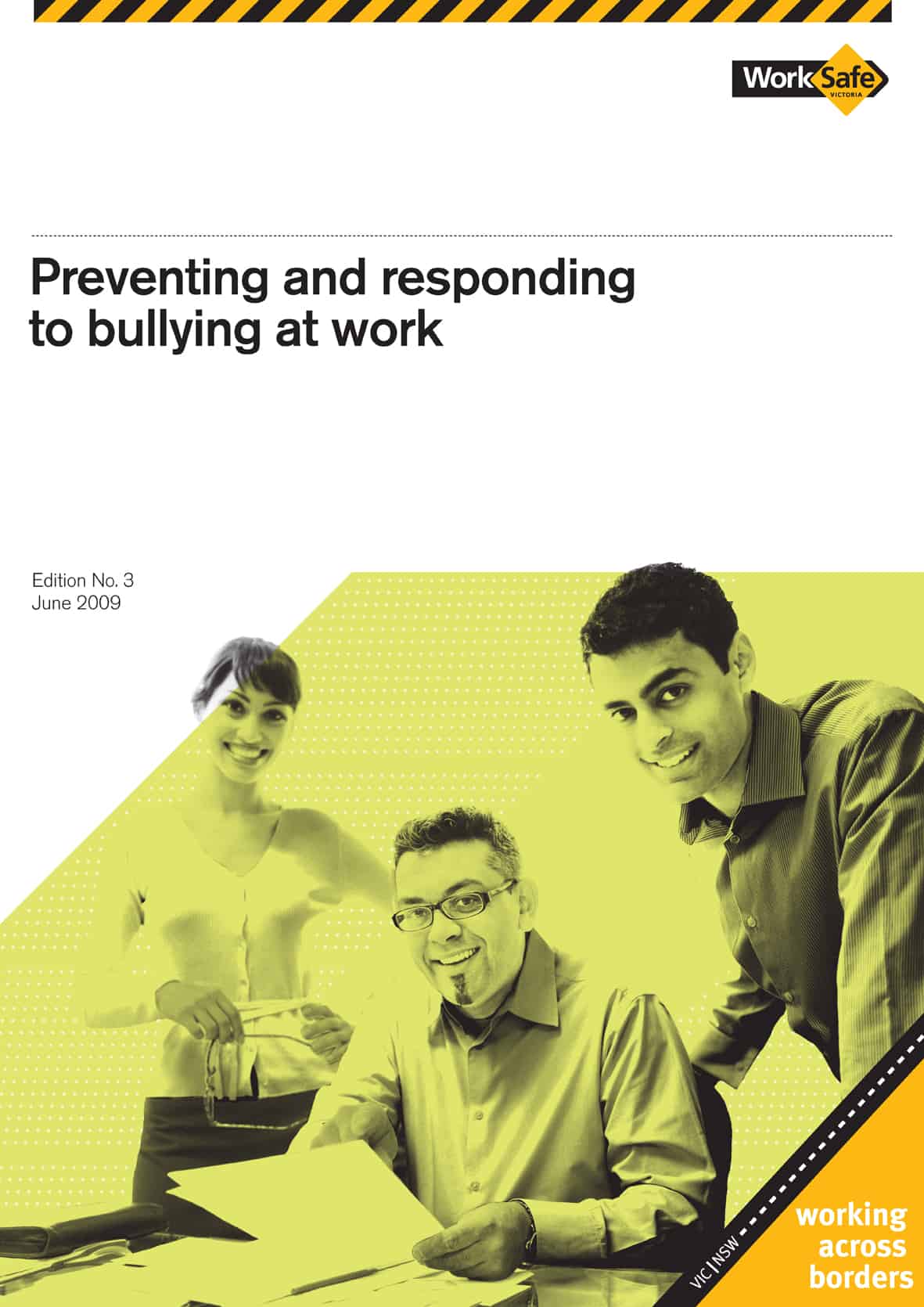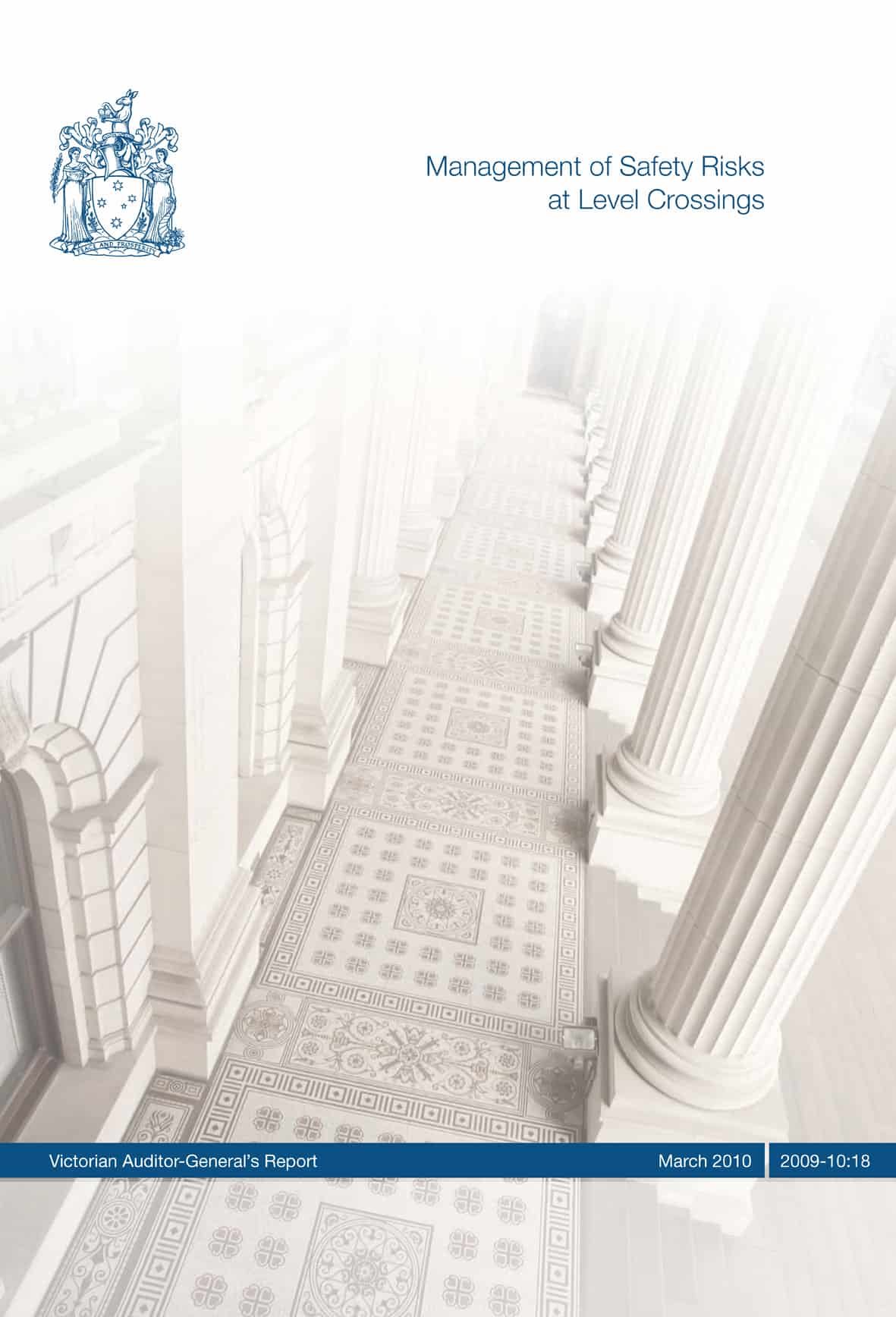The current edition of Lawyers Weekly includes some thoughts from Australian lawyers on the impact of the harmonisation of Australia’s OHS laws.
Michael Tooma of Norton Rose believes that the new positive duty of officers has sparked interest in improving corporate governance.
Graeme Smith of Freehills has seen an improved recognition of lawyers’ roles in developing commercial contracts. He also sees OHS as being better accepted as an element of risk management. According to the article entitled “OHS shrugs off the GFC”, Smith believes
“…national harmonisation will raise the profile of OHS, and in the long-term, OHS will find itself established as a discrete but integral aspect of corporate governance, compliance and risk management…”
He sees this as a golden opportunity for lawyers. OHS law seems now to be dependent on lawyers where, before, it used to be a law that workers, managers and the layperson could read, understand and implement. Safety professionals need to use legal experts when required but should have the confidence to manage safety through the harmonised framework first. Crucial to whether the lawyers dominate will be the quality of guidance provided by OHS regulators and the authority of the voices of the OHS profession.



